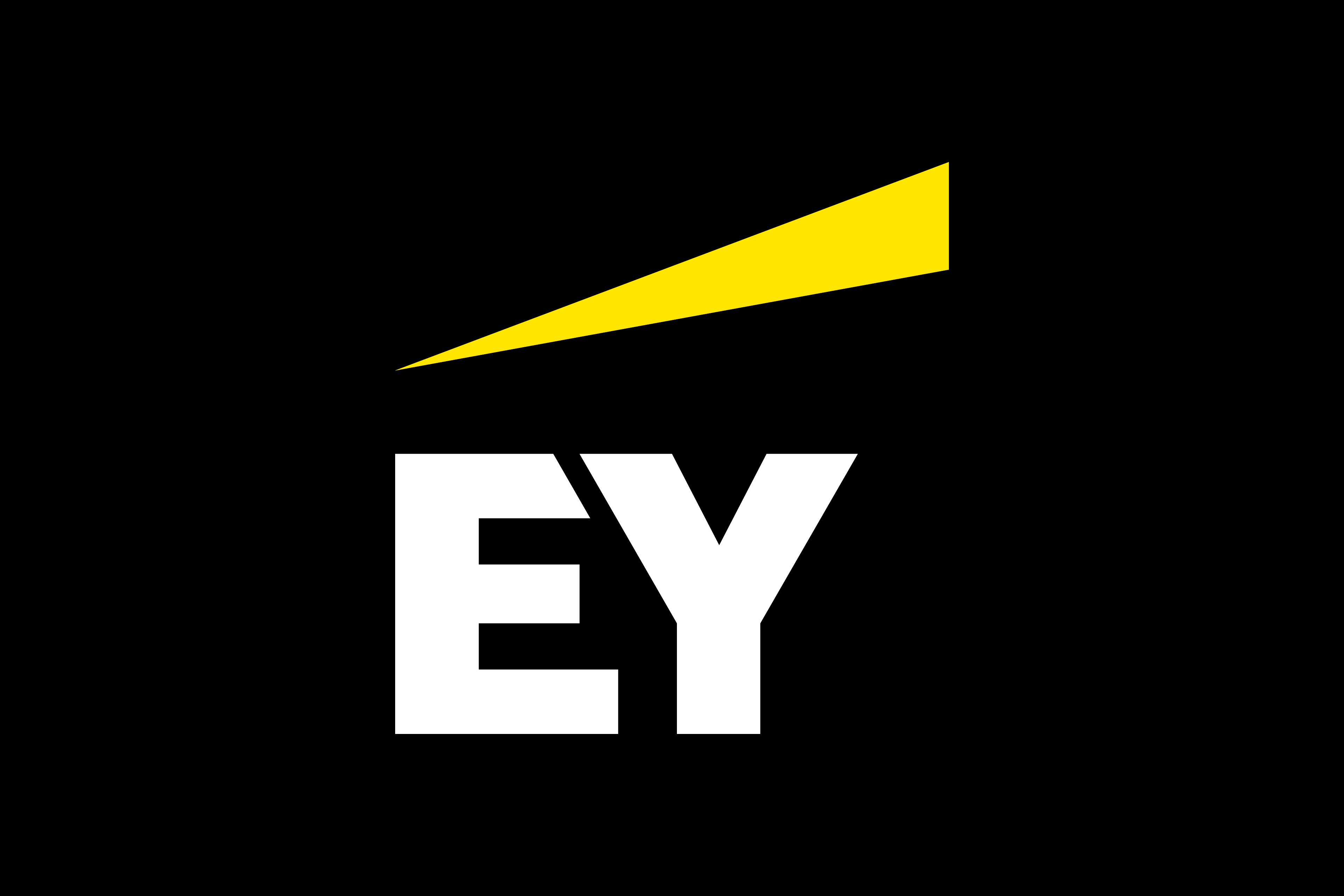EY refers to the global organization, and may refer to one or more, of the member firms of Ernst & Young Global Limited, each of which is a separate legal entity. Ernst & Young Global Limited, a UK company limited by guarantee, does not provide services to clients.

The announced tax reform of Mr. Van Peteghem has the ambition to increase the buying power of employees, to gain more net income out of professional income. The question rises to which extent this will be equally the case for employees driving a company car if the taxation of the private use of fuel cards and charging passes would be reformed for new cars.
As the tax shift should be budget neutral for the Belgian government, different deductions will disappear and other items will become taxable, amongst which the private use of a fuel card and charging pass may become subject to tax and social security charges.
What may change?
Employee
At this moment employees who have a company car pay taxes on a benefit in kind for the private use of the company car. Private use are all kilometers except the professional ones. Commuting from home to work and back is considered private. This benefit in kind is calculated on different parameters of the car (e.g., catalogue value, CO2-emission, etc.) and does not change irrespectively whether the employee also receives a fuel card (or charging pass) or not.
According to the announced tax reform plan, the fuel card/charging pass will become a separate benefit and therefore a separate benefit in kind will be determined for the private use of this fuel card/charging pass.
Based on the general rules, the new benefit in kind will probably be calculated based on the actual value, i.e., the actual price for the fuel or the electricity for the private use, i.e., private driven kilometers.
Employer
If an employer provides a company car, corporate tax will have to be paid on certain costs. One of the elements on which taxes are due is 17% of the value of the benefit in kind. In case the employer also grants a fuel card/charging pass the 17% will be increased to 40%.
If the fuel card/charging pass will become a separate benefit in kind, the 17% principle of the benefit in kind will remain in place. Instead, employer social security will in principle be due on the actual value of this new benefit in kind.
What could be the impact?
Employees with a company car will have to pay taxes and social security on the fuel and electricity of the private use of their car which will result in a substantial lower net salary on a monthly basis.
“Employees might pay up to 400 EUR additional social security and income tax on this new benefit in kind (on average 150 EUR) per month.”
Administrative burden
In order to determine the correct amount of this new benefit in kind, employers will be required to invest in a compliance model to track all relevant data and process it timely through payroll. In fact, not only the actual expenses of the fuel card/charging pass need to be analyzed, but the employer will also need to install or keep track of the kilometer breakdown – private versus professional. A complex matter which requires both technology and administration in order to be compliant. A simplified or lump-sum approach would be recommended to avoid employers’ additional burdens.
As of when?
The announced tax reform on this element would be part of the first phase of a broader tax reform, to enter into force as from April 1, 2023. Therefore, the question arises whether this new tax regime would have a direct impact on cars ‘ordered’ as of April 1, 2023 or whether a transition period will be provided for the application of these new rules. The present system would be maintained for existing company cars and this for another five years.
Remarks
“The cost for fuel and or electricity will increase with 15% for employers as social security is due.”
The purpose of the announced tax reform plan was to increase the buying power of all the employees in Belgium by increasing the net salary via the tax shift. However, based on the above, it might be expected that for employees with a company car, this could result in a net decrease. Furthermore, the total cost of mobility for employers will also increase, with 15% of the actual cost on this.
Furthermore, one can also make the remark about the administrative work that will be related to this change. How will companies verify the private kilometers driven by the employees and who will make the calculations as the price of fuel/electricity is changing on a daily basis?
If you want to know more about the benefit in kind for fuel cards/charging passes or about mobility in general or if you want to determine your current cost of mobility in order to do cost control via all-inclusive simulations and analyses, do not hesitate to contact us. Furthermore, we will host a webcast on December 14, 2022, at noon. You can find the subscription link here.



